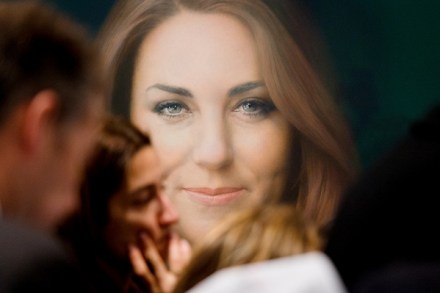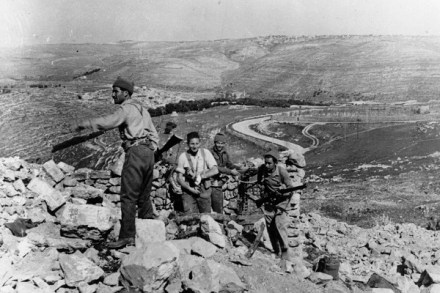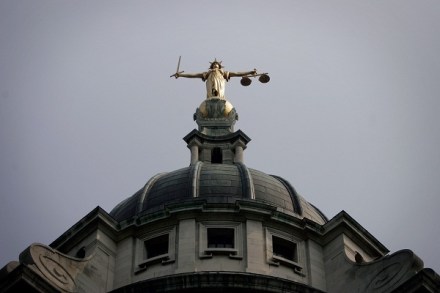Do political correctness and the culture wars make us less tolerant?
I have a confession. I saw a report on the Suzanne Moore row, and fled immediately for the safety of the sports pages. A lot of self-important people making a lot of noise, I thought to myself, as a glib heterosexual, while gawping at the latest act in the life and times of Mario Balotelli. But, as time passed, the fury of the Moore row made me revisit Culture of Complaint, the late Robert Hughes’ analysis of the culture wars. It’s sometimes said that we Brits don’t do culture wars; that we are much too sensible to be provoked into believing that trivialities are serious. This view appears to be a hangover from
















